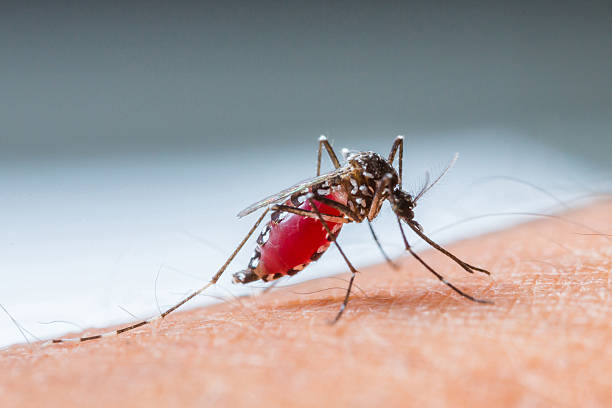Researchers in Uganda have found evidence of a form of malaria resistant to Artemisinin, the first-line treatment of malaria.
Approximately 400,000 people die every year from malaria. The mosquito-borne disease is caused by Plasmodium parasites spread by the bite of female Anopheles mosquitoes. Children under 5 years and women currently form the most affected group. Moreover, 94% of malaria cases and deaths occur in Africa. Thus, making the region an important target for controlling the worldwide malaria burden. Now, scientists have found evidence of drug-resistant malaria in Uganda. The worrying discovery can likely impact the worldwide malaria cases through cross-border spread across Africa.
Researchers in Uganda aimed to assess the efficacy of artemisinin between 2017 to 2019. Artemisinin is the recommended first-line treatment of malaria across the world. لعب اون لاين However, over the years, cases of artemisinin-resistant Plasmodium falciparum parasites have sprung up in Asia. Moreover, some drug-resistant strains have also been seen in Rwanda. Therefore, researchers are on the lookout for any similar signs in Africa. العب روليت
The team of researchers analyzed 240 blood samples from patients receiving artemisinin therapy. Approximately 20% (14 of 240 patients) of the samples showed artemisinin resistance. 13 out of the 14 patients had P. falciparum parasites with genetic mutations. Moreover, the mutations caused slower clearance of the parasite. Thus, providing evidence that the treatment is ineffective against the resistant malaria strains.
Our findings suggest a potential risk of cross-border spread across Africa.
study authors
Time for Action is Now
There are no alternates to artemisinin; thus, making the spread of resistant malarial parasites extremely worrying. The drug is currently used in combination with one or two other anti-malarial drugs. However, researchers suggest the combination of artemisinin with three drugs instead to combat the resistant strain. Moreover, they suggest increased surveillance of cases and the development of newer drugs.
We shouldn’t wait until the fire is burning to do something, but that is not what generally happens in global health.
Dr. Nicholas White, Mahidol University in Bangkok
Researchers are also working on malarial vaccines that can likely provide long-term protection against the deadly disease.
Reference:
Betty Balikagala et al, Evidence of Artemisinin-Resistant Malaria in Africa, New England Journal of Medicine (2021). DOI: 10.1056/NEJMoa2101746




